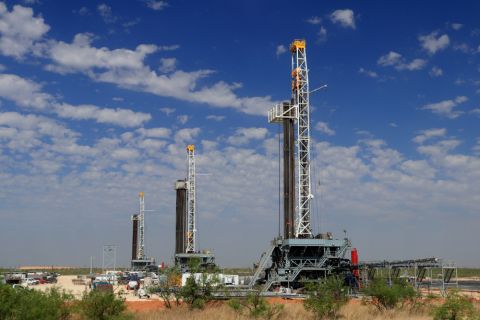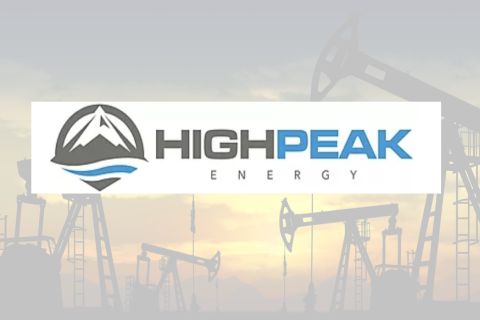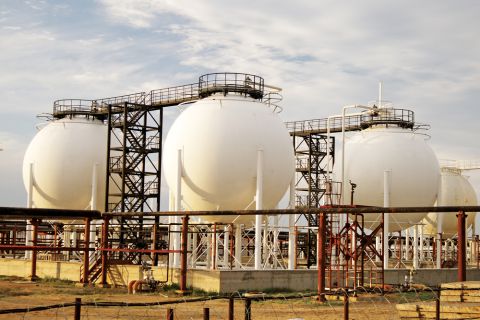East Timor’s president has vetoed a government bid to increase access to its petroleum fund for investment in energy projects, potentially delaying a $650 million buyout of Royal Dutch Shell and ConocoPhillips’ holdings in the Greater Sunrise gas project.
Those deals would give Timor Leste a majority stake in the project along with remaining partners, including Australia’s Woodside Petroleum and Japan’s Osaka Gas.
President Francisco Guterres said in a statement to journalists at the presidential palace in Dili this week he had vetoed the decree and called for the proposal to be revised.
“This veto aims to prevent the overstretching of the Petroleum Fund’s direct investment rules and policies,” Guterres said among other issues.
The decree could in effect “misrepresent or dilute the difference between financial assets and other assets,” he added.
The proposal would also remove a 20% cap on state participation in oil projects and would allow Sunrise and other projects to bypass approvals by parliament.
“The Petroleum Fund and the State Budget are integrated in a coherent manner, and we therefore need to continue the effort to ensure a prudent, open and transparent management,” Guterras said.
A spokesman for the East Timor government said this was a matter between the president and national parliament and declined to comment further.
Discovered in 1974, the Greater Sunrise fields, which hold about 5.1 trillion cubic feet of gas, straddle the maritime border between Australia and East Timor and a border dispute has delayed its development.
The border issue was settled earlier this year and East Timor wants to develop Greater Sunrise by piping gas to an LNG plant on its south coast, while the project partners favor a plant in Darwin in north Australia.
In November, East Timor announced an agreement to buy Shell’s 26.56% stake in the project for $300 million after ConocoPhillips said in early October it would sell its 30% stake for $350 million.
However, the purchases were subject to funding approval by the East Timor Council of Ministers and parliament, as well as regulatory and other approvals.
Referring to the president’s decision, a Shell spokesperson said the company had been advised by the Timor government of “a number of options available for funding the transaction” and was committed to completing the process with it.
A spokesperson for ConocoPhillips Australia said the veto “is not necessarily the end of the process and our agreement recognizes time may be required for this important process.”
Recommended Reading
TPH: Lower 48 to Shed Rigs Through 3Q Before Gas Plays Rebound
2024-03-13 - TPH&Co. analysis shows the Permian Basin will lose rigs near term, but as activity in gassy plays ticks up later this year, the Permian may be headed towards muted activity into 2025.
For Sale, Again: Oily Northern Midland’s HighPeak Energy
2024-03-08 - The E&P is looking to hitch a ride on heated, renewed Permian Basin M&A.
E&P Highlights: Feb. 26, 2024
2024-02-26 - Here’s a roundup of the latest E&P headlines, including interest in some projects changing hands and new contract awards.
Gibson, SOGDC to Develop Oil, Gas Facilities at Industrial Park in Malaysia
2024-02-14 - Sabah Oil & Gas Development Corp. says its collaboration with Gibson Shipbrokers will unlock energy availability for domestic and international markets.
E&P Highlights: Feb. 16, 2024
2024-02-19 - From the mobile offshore production unit arriving at the Nong Yao Field offshore Thailand to approval for the Castorone vessel to resume operations, below is a compilation of the latest headlines in the E&P space.





